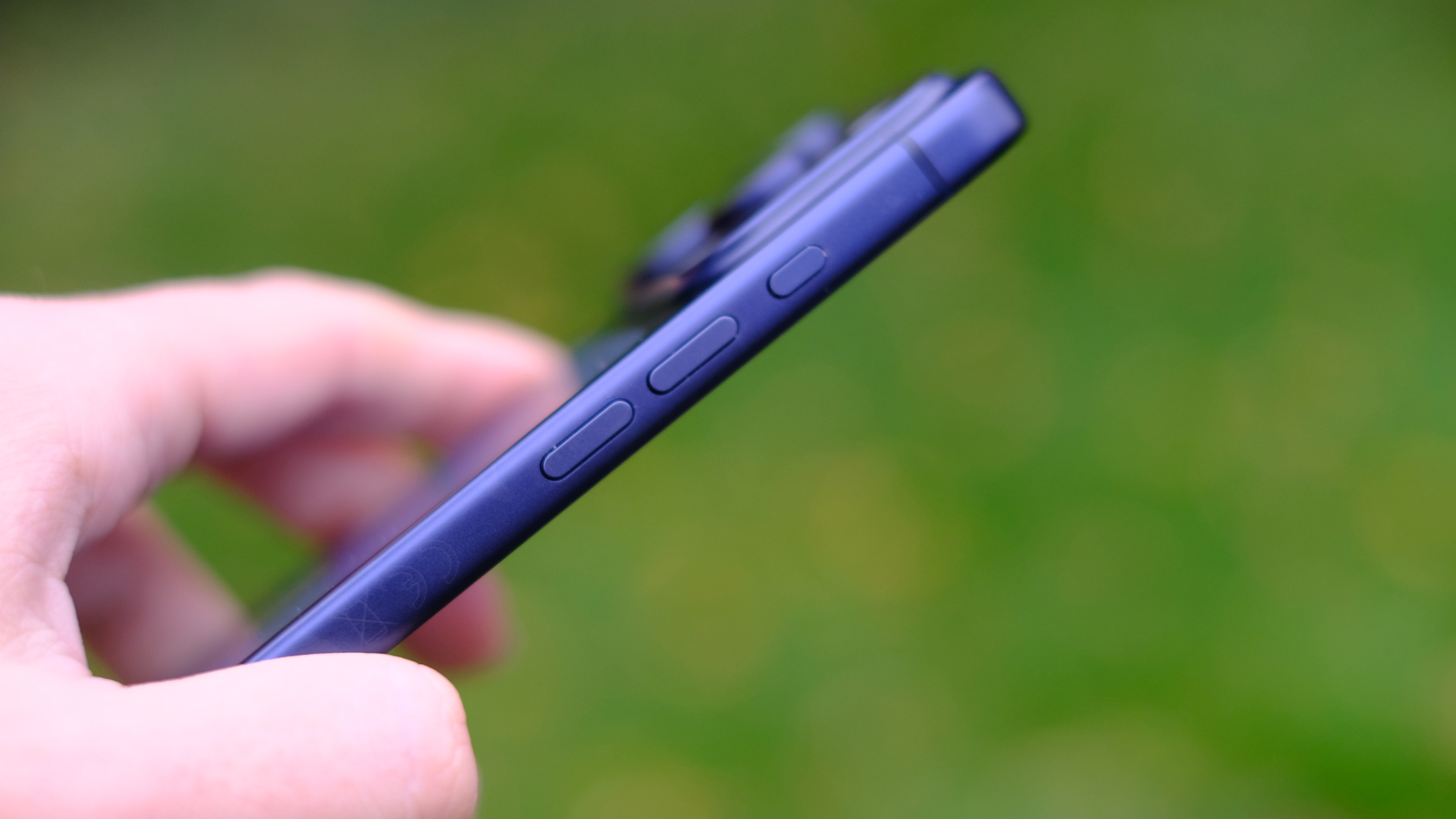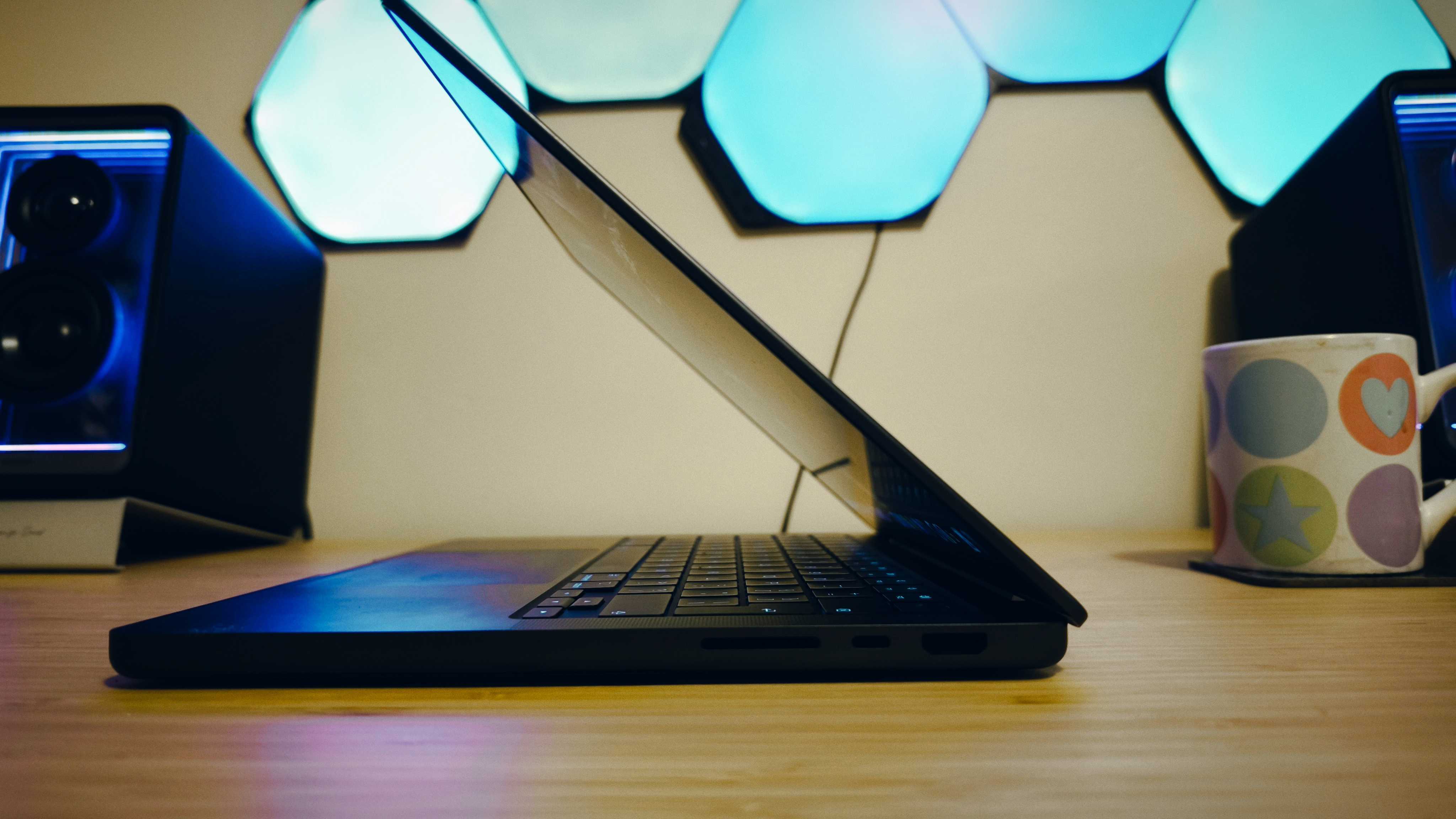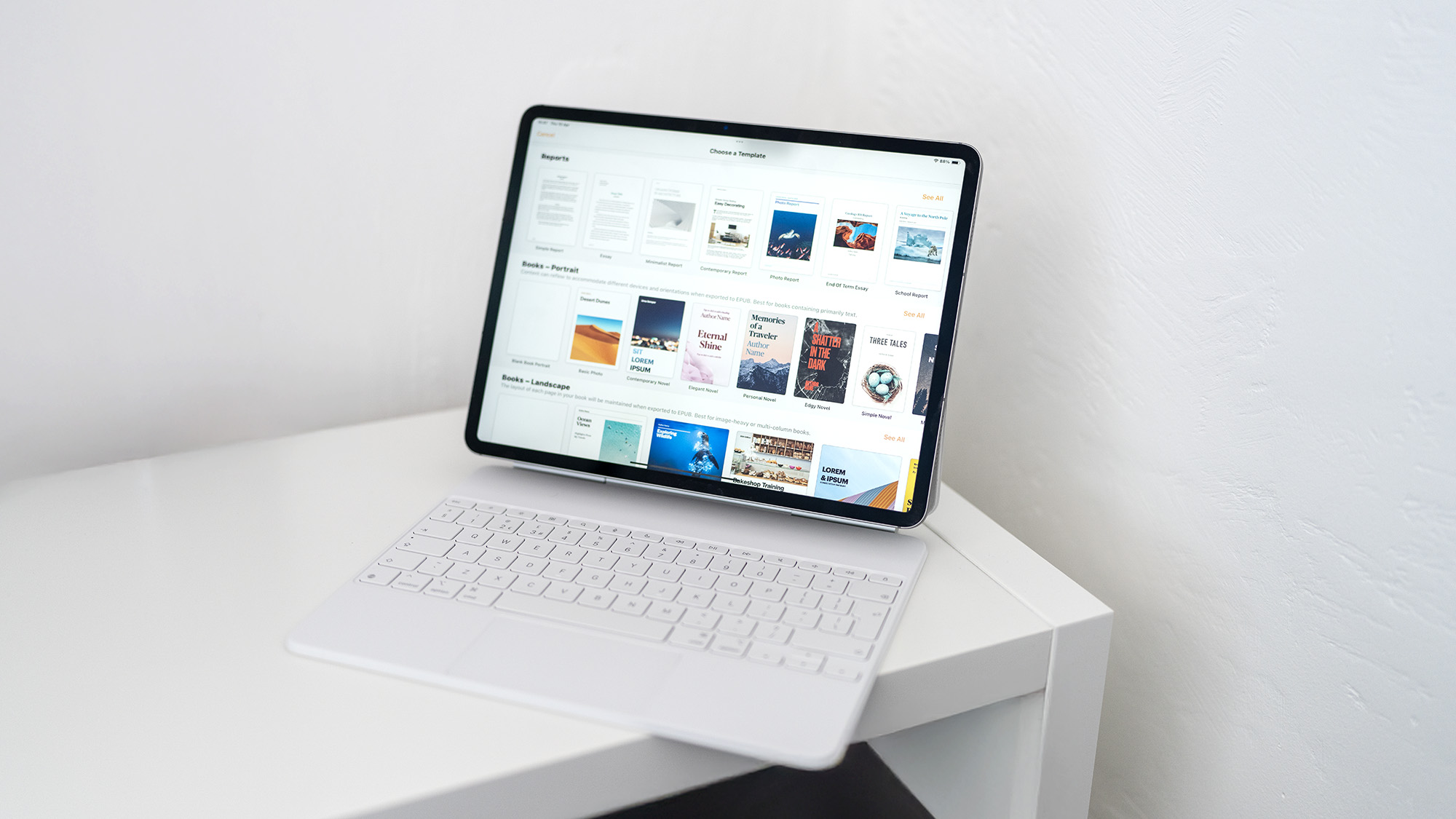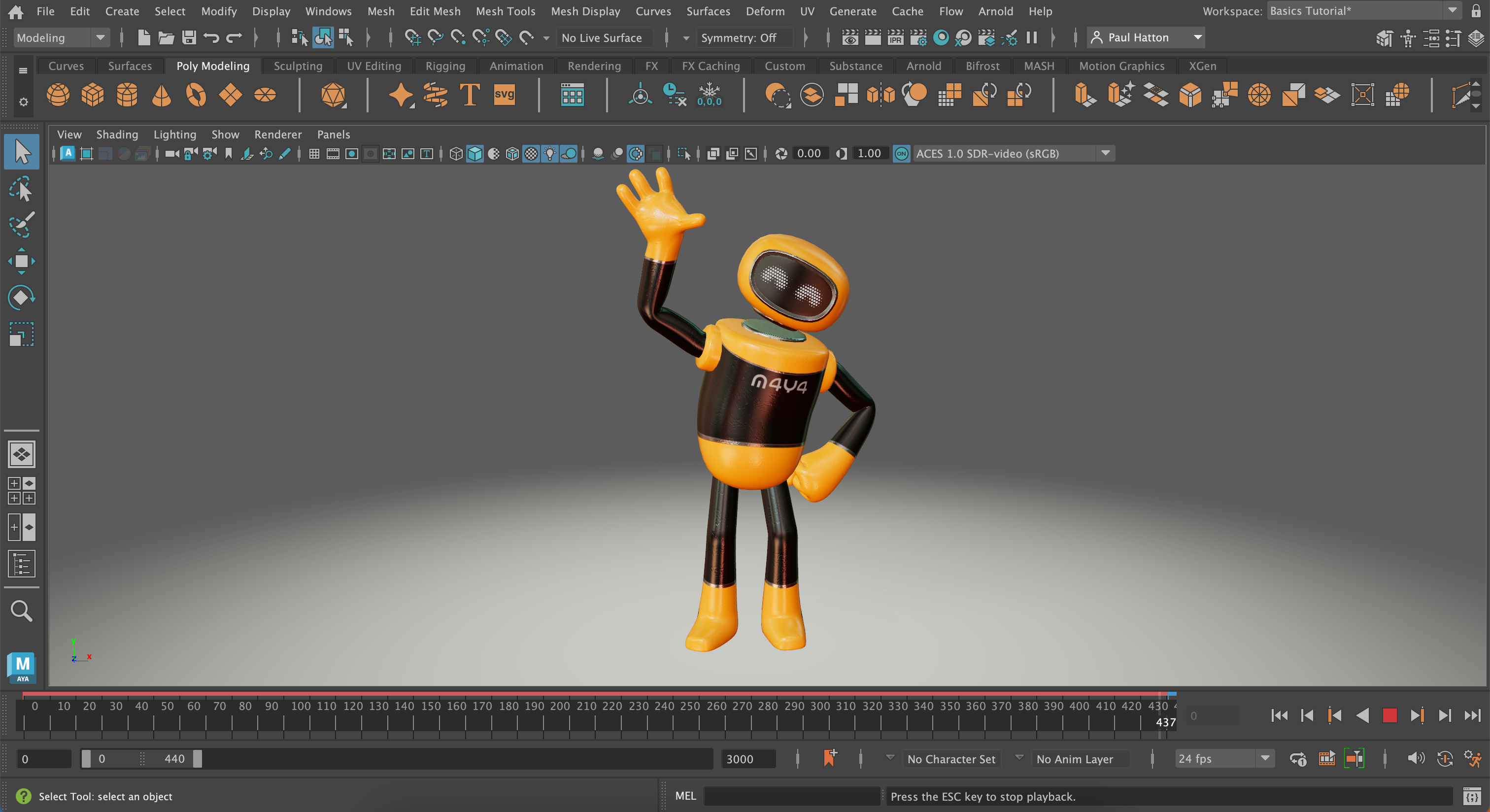I love Android and I hate to say it, but Apple will eventually win

I'm an Android user. Have been for years. I love the customisation, the freedom, the fact that I'm not locked into a restrictive ecosystem. But here's the thing: Apple's going to win this war. Not tomorrow, not next year, but eventually. And it's not because they make the best camera phones. It's because they're not a tech company. They're a fashion brand.
I know, I know. They make computers! They invented the smartphone! Sure. But similarly, you could say: Nike makes running shoes. Adidas makes sportswear. But nobody honestly believes those brands are in the business of athletic performance. They're in the business of making you feel a certain way when you wear their stuff.
Apple cracked this code decades ago. And everyone else is still pretending we're having a rational conversation about gigahertz and camera sensors.
The Apple advantage
Here's what fashion brands understand that tech companies don't: you don't have to compete on price. In fact, you shouldn't compete on price. When was the last time you saw Gucci having a clearance sale? Fashion brands maintain mystique through scarcity and aspiration. They make you want the thing, rather than need it.
In that light, you can see that Apple's ecosystem isn't about technical superiority; it's about belonging to a club. That blue iMessage bubble isn't a messaging protocol, it's a status symbol. AirPods aren't earbuds; they're a signal to other members of your tribe. It all makes you feel like you're part of something exclusive, something better.

And because Apple understands it's selling aspiration, it can charge whatever they want. Which means it's always got the fattest war chest to throw at R&D. So it can afford to be technically excellent and beautiful and perfectly integrated, because its margins are obscene.
The Android handicap
This is where Android's problem kicks in. Android isn't a company; it's an operating system made by Google and used by thousands of different manufacturers, all trying to undercut each other.
Daily design news, reviews, how-tos and more, as picked by the editors.
Samsung makes phones and fridges and TVs and washing machines. Google makes phones and search engines and cloud services and who knows what else. Neither of them can commit to being a lifestyle brand in the way Apple has.
Apple, meanwhile, protects its image like a luxury watchmaker. It controls every touchpoint. Every store looks identical. Every product launch is theatre. Every design choice reinforces the same message: this is premium, this is exclusive, this is you.

So here's my prediction. Android will never die. It'll probably always have the larger global market share, because most people genuinely can't afford Apple's prices. But as an aspirational brand, Apple's already won.
What people want
Walk into any creative agency, any design studio, any media company. It's a sea of MacBooks and iPhones used for photography (and everything else). Not because they're necessarily better tools (though sometimes they are), but because they're the fashionable tools. The ones that say "I take my work seriously."
That's the game Apple's actually playing. It's not trying to sell the most phones. It's trying to remain the phone everyone wishes they had. The thing you'll upgrade to when you can afford it.
It understands what Nike and adidas learned long ago: win the war of aspirations, and the money follows. Make your brand synonymous with success, creativity and good taste, and people will pay whatever you ask.
That's something the world's biggest manufacturing company will fight tooth and nail to protect. And my guess? They will succeed.
Explore the history of the Apple logo and the Samsung logo.

Tom May is an award-winning journalist specialising in art, design, photography and technology. His latest book, The 50 Greatest Designers (Arcturus Publishing), was published this June. He's also author of Great TED Talks: Creativity (Pavilion Books). Tom was previously editor of Professional Photography magazine, associate editor at Creative Bloq, and deputy editor at net magazine.
You must confirm your public display name before commenting
Please logout and then login again, you will then be prompted to enter your display name.
